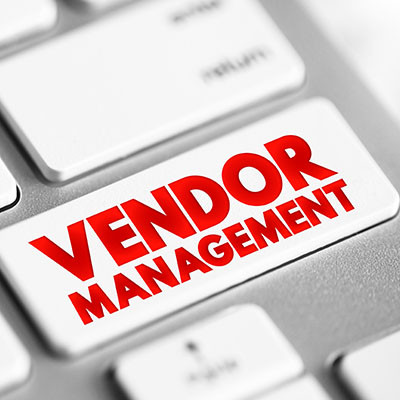If you’ve ever looked at your phone—or your laptop, or whatever allegedly “smart” device you happened to be using—and wished that things were how they used to be, you certainly aren’t alone. You aren’t imagining things, either… this perception of the products and services we rely on getting worse over time is widespread enough to have its own term, which has expanded beyond its social media-specific origins to all technologies, regardless of whether it's hardware or software. This term was actually named to be 2023’s Word of the Year (per the American Dialect Society), beating “AI” in relevance.
That word? Enshittification, as coined by tech critic and author Cory Doctorow. Let’s explore the concept and what it inevitably leads to.











